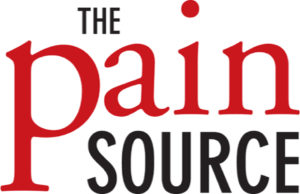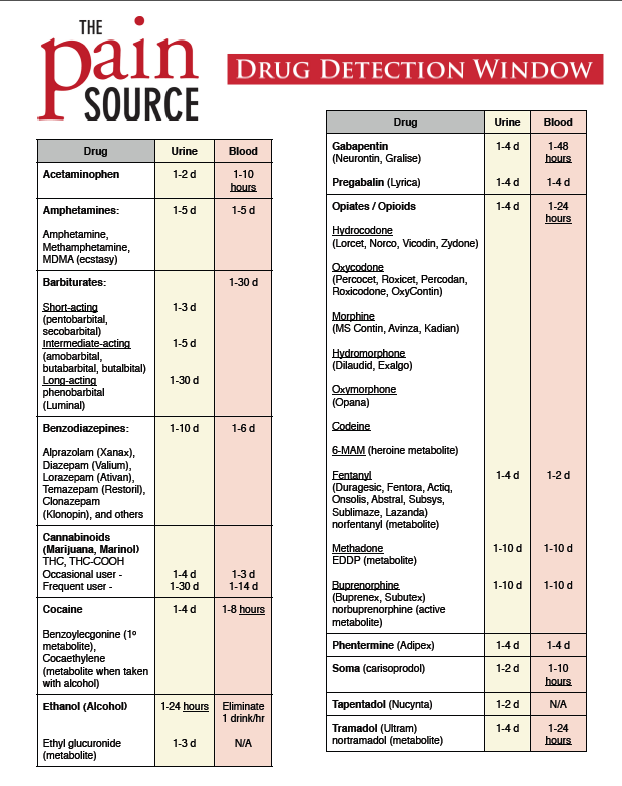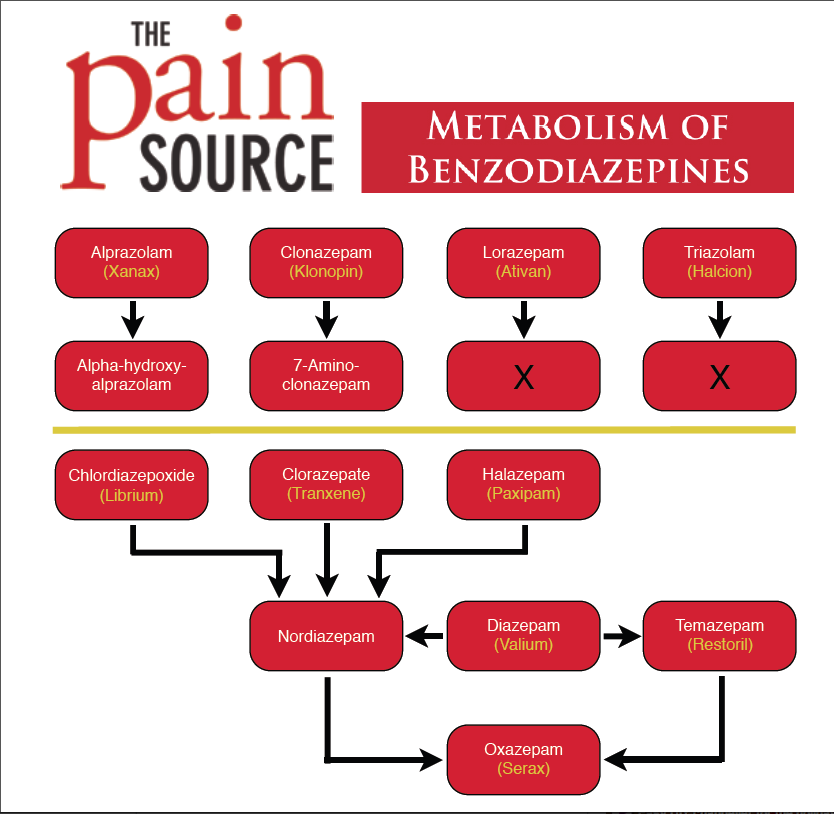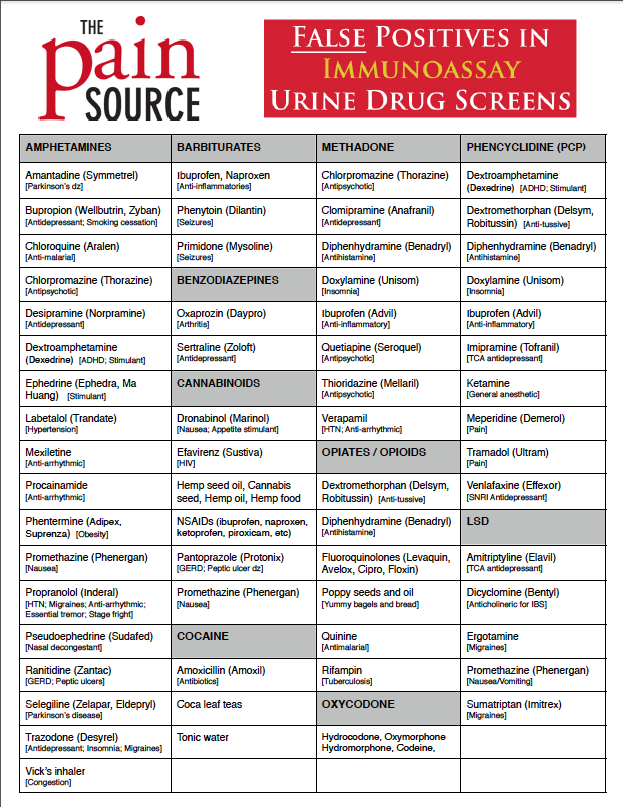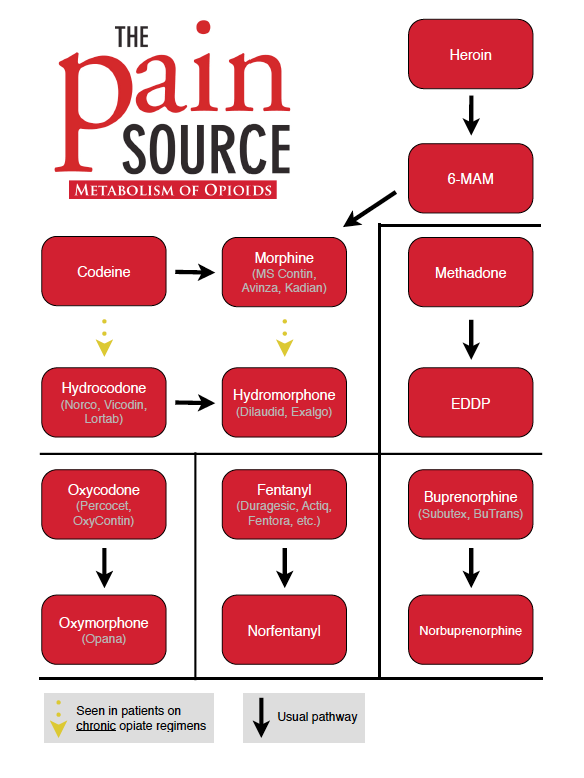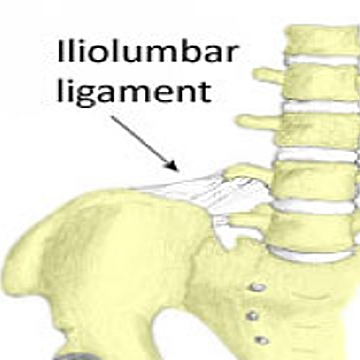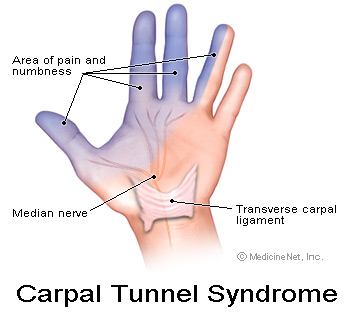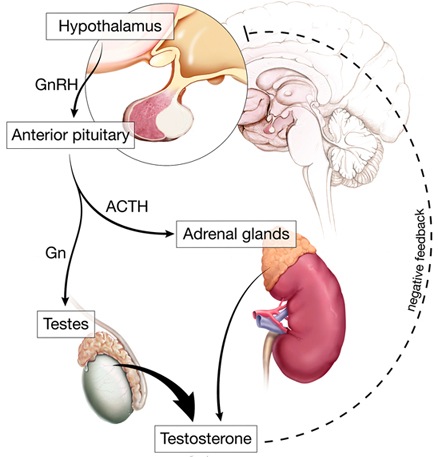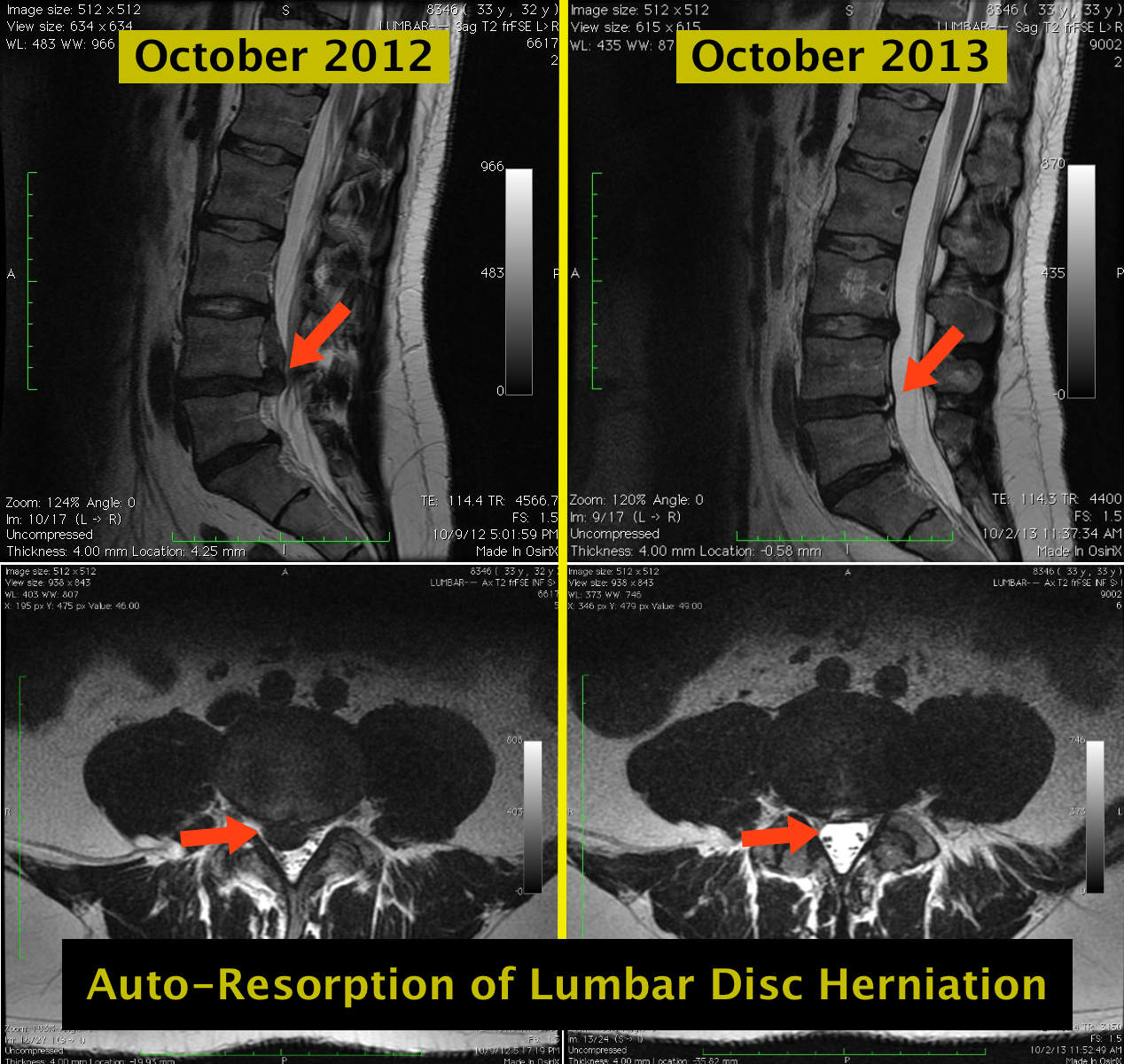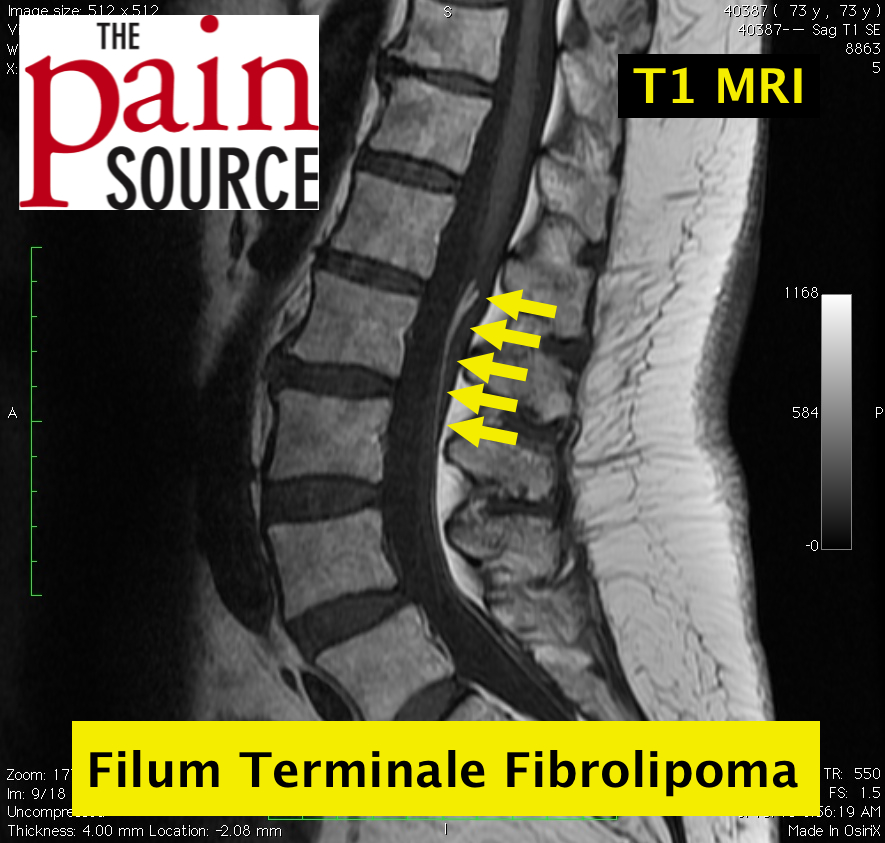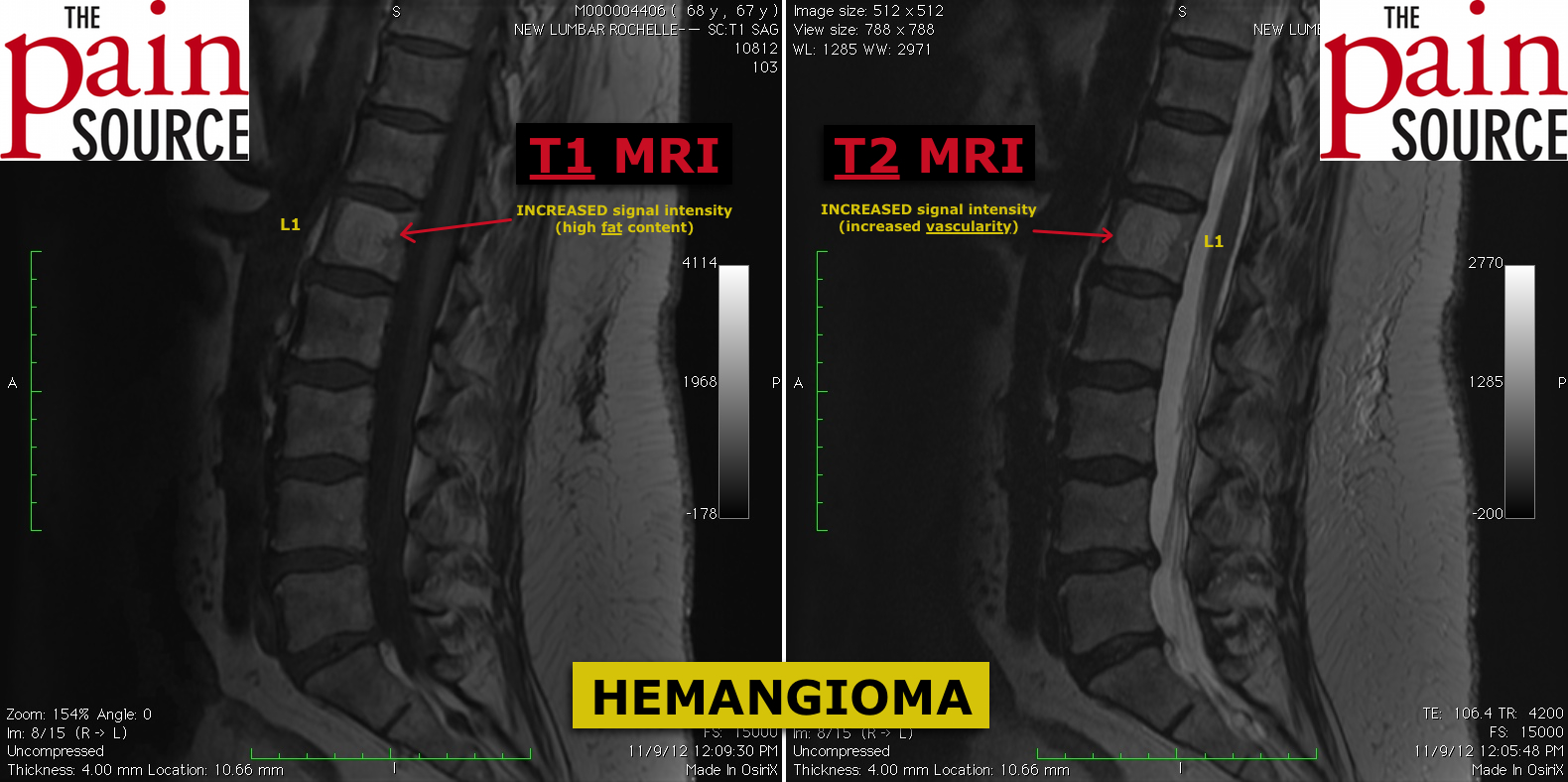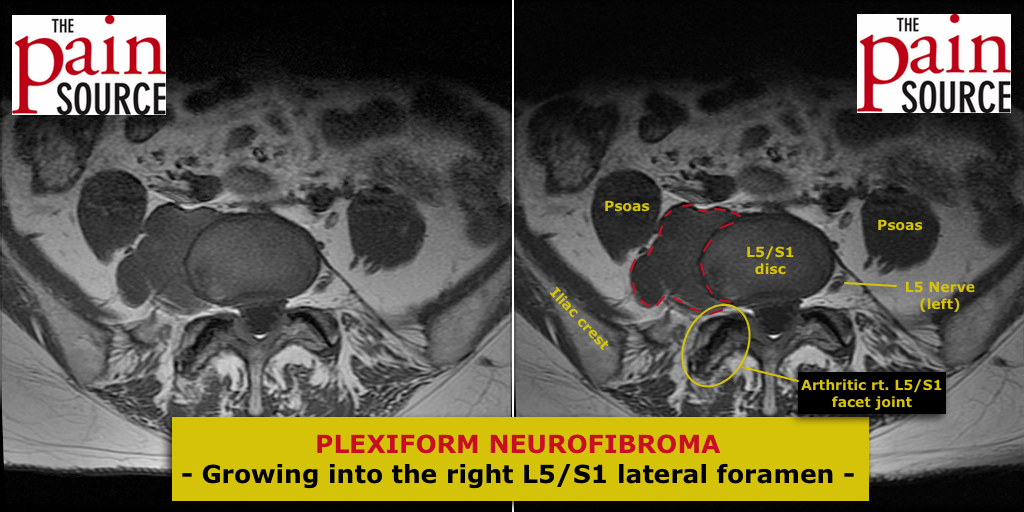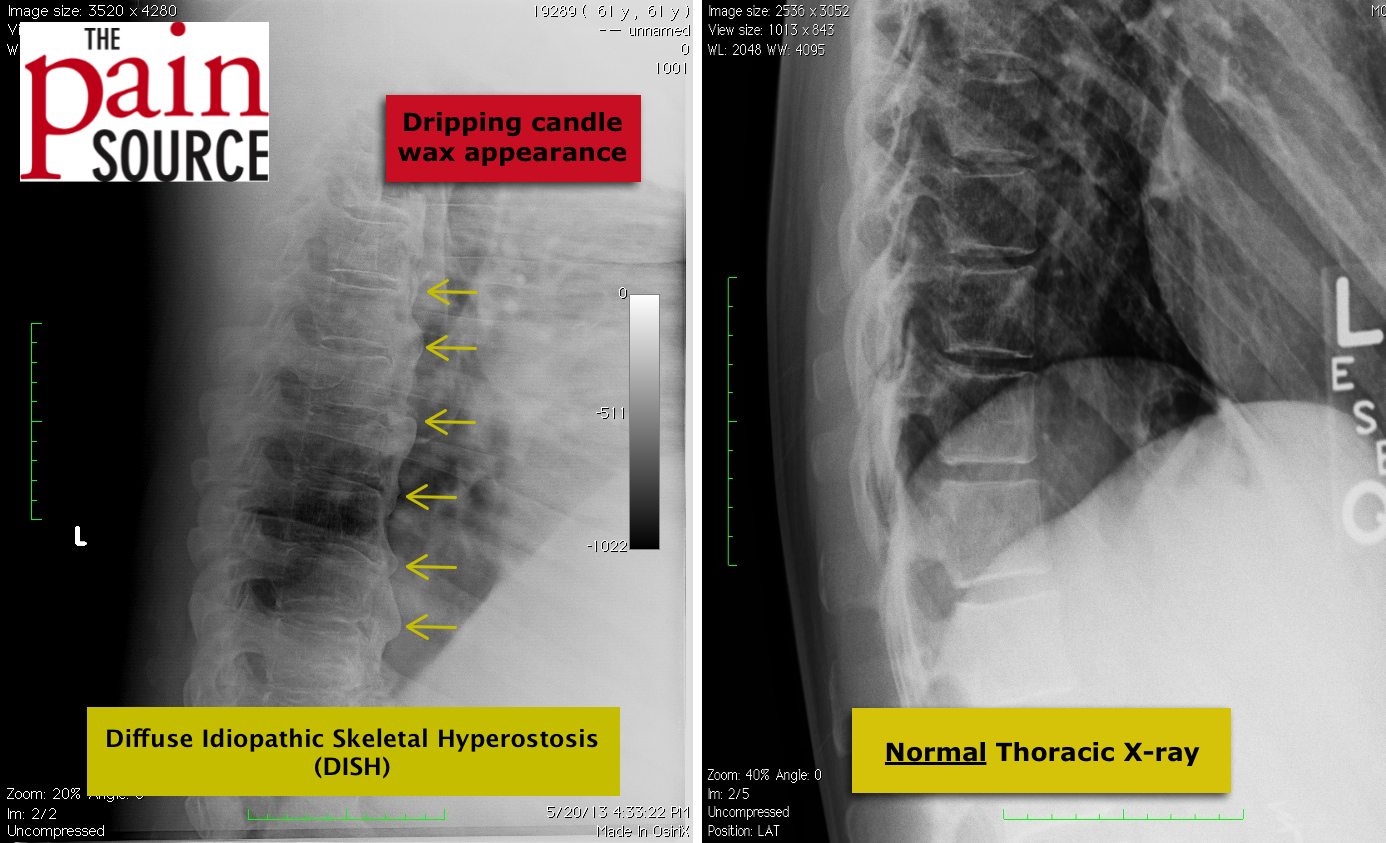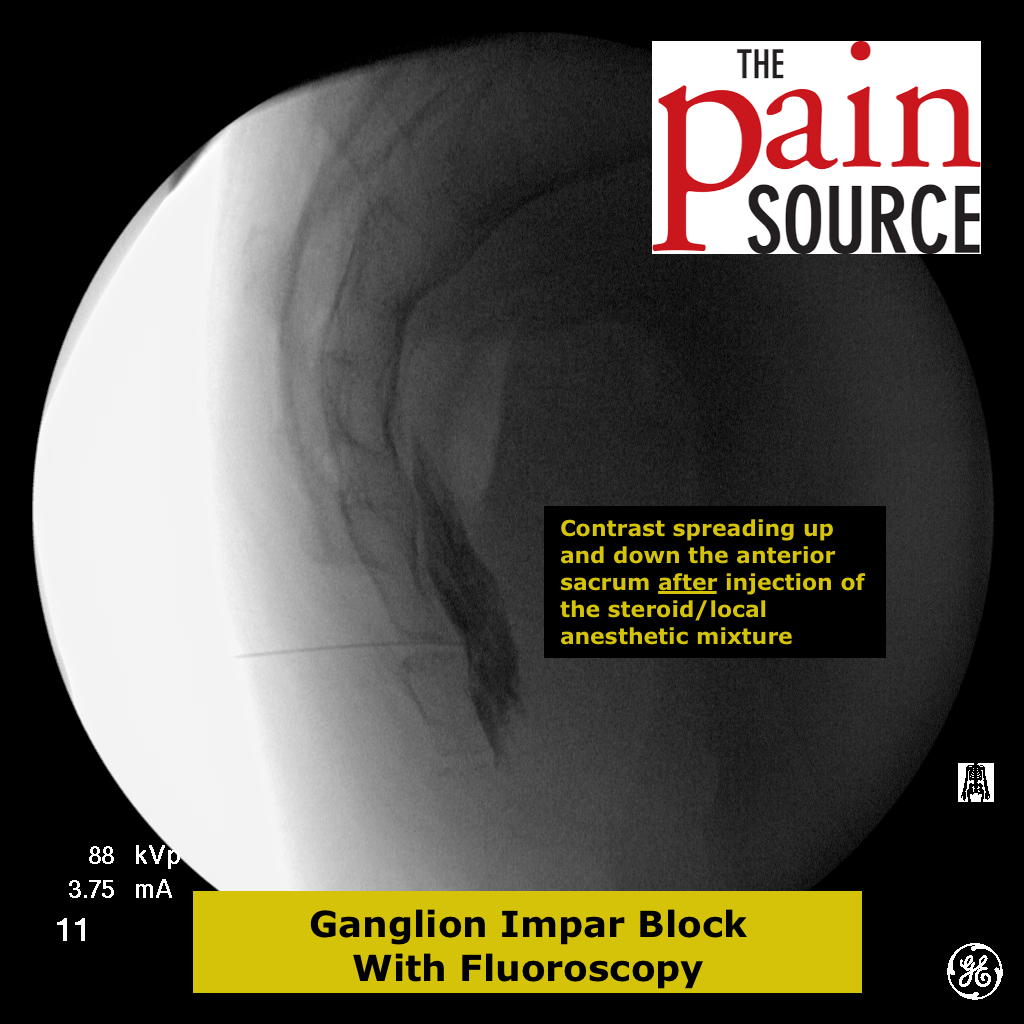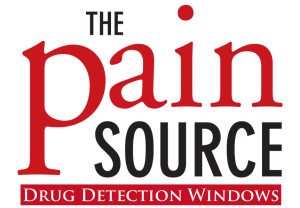 One of the most important aspects of pain management is making sure patients are taking what they are supposed to be taking, and NOT taking what isn’t being prescribed to them.
One of the most important aspects of pain management is making sure patients are taking what they are supposed to be taking, and NOT taking what isn’t being prescribed to them.
Urine drug screens (and sometimes blood samples) performed on random visits help to ensure compliance to the mutually agreed upon treatment plan.
Knowing how long the most commonly prescribed and abused medications and street drugs stay in the urine and blood is essential for determining compliance; these are the “drug detection windows“.
Here is a great reference list (click the image below to expand).
For a PDF of this list, click HERE.
